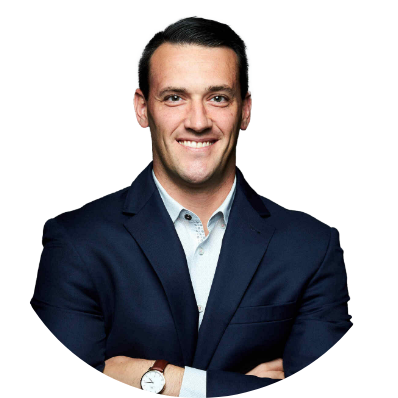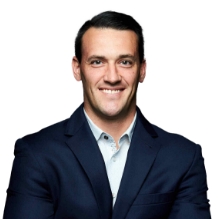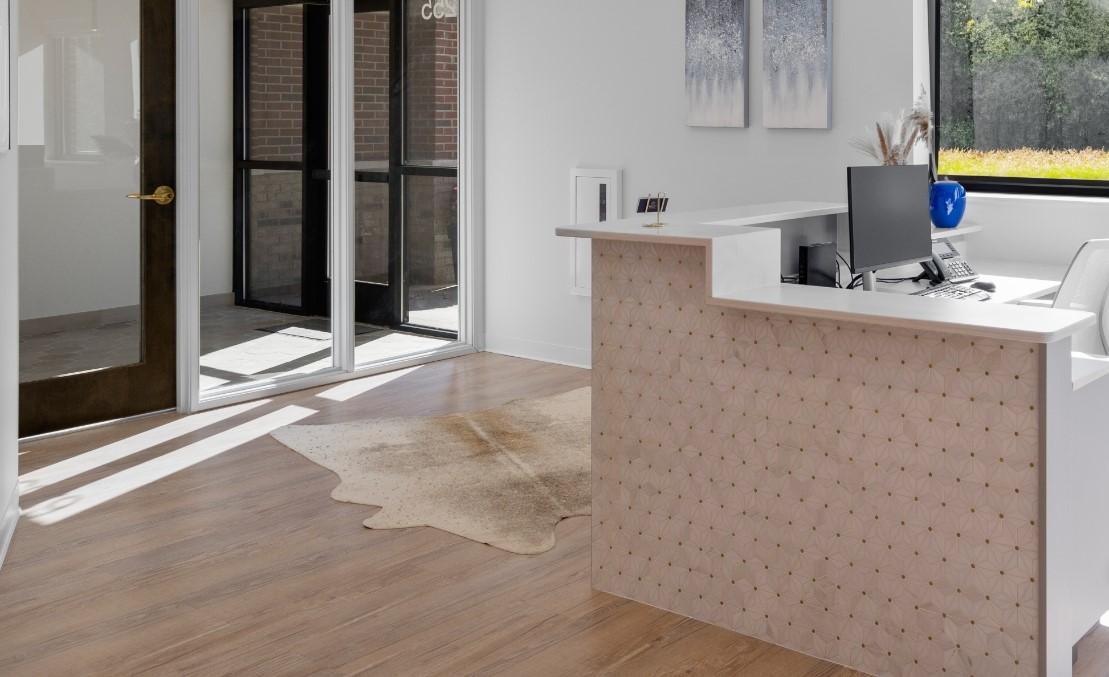Quick Links

What Is Facial Trauma?
Facial trauma can cause dramatic changes in appearance, significant pain, and decreased functionality of several areas in the face. Facial trauma can be categorized as any damage in the tissue or bone of the face. Trauma, as you know, can be a result of a variety of causes. Whatever that cause may be, it’s important to treat traumatic facial injuries to prevent any loss of function. The face is a delicate and complicated structure, and our expert team is prepared to work with you to restore your confidence and happiness.
Adam Eidson, DDS, FACS
Board Certified Oral and Maxillofacial Surgeon
As a top Oral and Maxillofacial Surgeon, he’s board-certified and a Fellow of leading surgical associations. Co-founder of TruForm Surgery, Dr. Eidson, a Grand Haven, Michigan native, served as a Major in the US Army, specializing in jaw disorders and trauma cases. With a Dental Surgery degree from the University of Michigan, he brings a simple, compassionate approach to oral and maxillofacial health.
Learn More
Who Is a Candidate for Facial Trauma Treatment?
Because most treatments for extensive facial trauma are surgical, it’s important to be open with us about your medical history and medication use so we can make sure that the chosen procedure is a safe option for you. Generally, ideal patients for surgical treatment are collaborative in nature and are willing to stop smoking if they do smoke. This is important because smoking can keep your body from healing properly.
What to Expect During a Facial Trauma Treatment
Before the day of your surgery, we’ll make sure that you have everything you need to arrive prepared and confident. We understand that surgery, especially facial surgery, is daunting, and we’re ready to answer any questions or address any concerns to make sure you’re comfortable. The preparation will vary depending on the type of surgery being done, but you might be asked to refrain from eating for a set number of hours before the surgery because you’ll be getting general anesthesia, meaning you’ll be unconscious during the procedure. We also might ask you to stop taking blood thinners or other medications that could cause problems during the procedure.
The procedure itself will vary greatly depending on the facial trauma and the desired results. During our consultation, we’ll discuss different options with you to make sure that you’re fully aware of what to expect. Surgeries to address facial trauma might take several hours.
Facial Trauma Treatment Aftercare
Depending on the type of procedure you have done, your aftercare process will look different from others. We’ll give you a thorough care plan and regularly check in with you to make sure that you can heal smoothly at home once you’re discharged. Depending on the procedure, you might need to refrain from eating solid food for several days, and the full recovery period might take months. Make sure that you take it easy, avoid heavy activity or exercise, and keep your head elevated, especially while you’re sleeping.
Frequently Asked Questions
Can facial trauma be fixed with surgery?
What is the purpose of facial trauma surgery?
What happens if facial trauma is left untreated?
Schedule a Consultation
At TruForm Surgery, our practice revolves around our deep level of care for our patients. We know that the aftermath of an injury can be a difficult place to be. We want to work with you to make things easier. To start the conversation, contact us at our office in Brighton, MI today.










